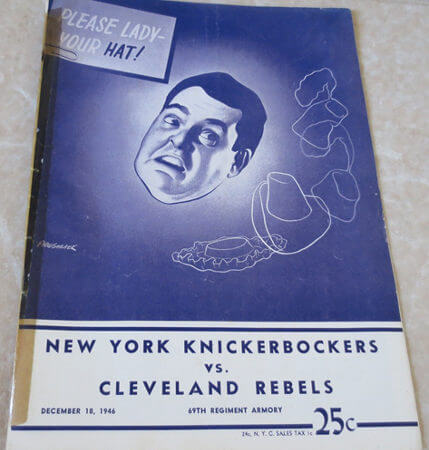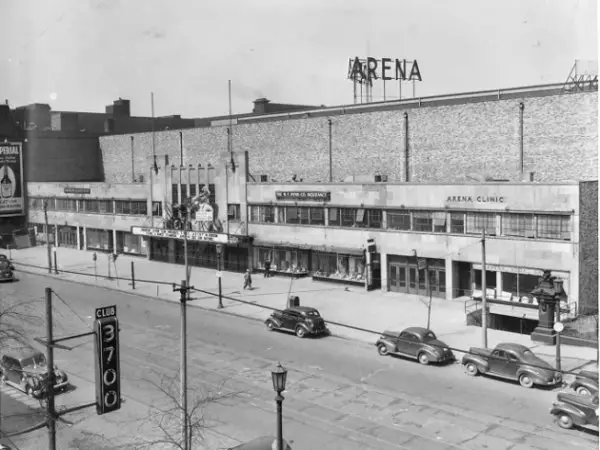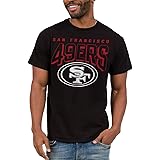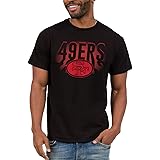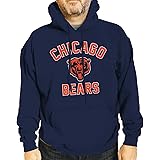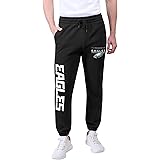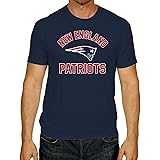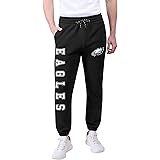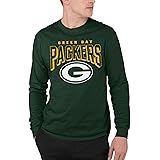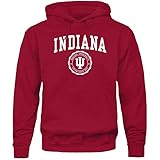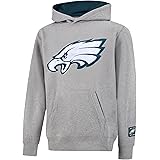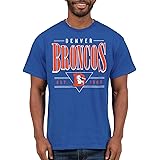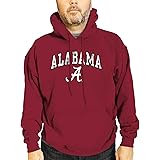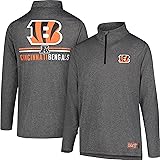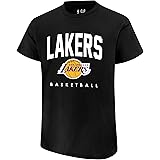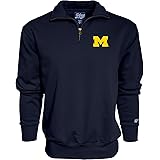The Cleveland Rebels were a short-lived but important team in the early days of the NBA. Formed in 1946, the franchise competed in the league’s inaugural season and helped shape professional basketball in Ohio. Despite their brief existence, the Cleveland Rebels NBA team left a lasting legacy in the sport’s early development.

Established
1946
City
Cleveland
League History
1946 - 1947 / Basketball Association of America
Team History
1946 - 1947 / Cleveland Rebels
Nickname
Rebels - Sports fans in Cleveland are sure to be familiar with their hometown's NBA team's beloved nickname: The Cleveland Rebels. But where did this name come from? In this blog post, we'll explore the origins of The Cleveland Rebels and how it has become such an essential part of sports culture in the city.
Cleveland Rebels Origin
The origin story for The Cleveland Rebels started in 1970 when a group of local businessmen purchased an expansion franchise for the National Basketball Association (NBA). They wanted a name that would capture both the spirit and history associated with their new team, so they looked to one particular event from World War II as inspiration – Operation Market Garden. This daring Allied mission involved paratroopers being dropped behind enemy lines into Nazi-occupied Holland in September 1944. It’s said that these brave soldiers were referred to as “rebels” by some Dutch citizens who saw them as heroes fighting against tyranny and oppression – which resonated strongly with many people at home in America too!
The nickname stuck, becoming even more popular following its use on merchandise items like t-shirts or hats sold around town before games began or after wins were celebrated. Over time it became synonymous with basketball and other teams playing out of Quicken Loans Arena, such as hockey's Lake Erie Monsters (now known simply as ‘the Monsters’) - further cementing its place within sports culture locally in Ohio!
Today, no matter what game you attend at Quicken Loans Arena, you will see plenty of supporters wearing apparel adorned proudly displaying 'Cleveland' alongside 'Rebels.' There is now even an official mascot named Rebel Man whose job is to fire up crowds before tipoff each night - genuinely making him one modern-day embodiment embodying all those heroic WWII paratroopers who inspired his namesake decades ago!
Championship
NBA Championships 0
BAA Championship 0
Arena
1946 - 1947 / Cleveland Arena
Owner
1946 – 1947 / Unknown
Retired Number
*Blue is this team’s history
- 1946
- 1946
- 1947
- 1947
-
Rebels Team Formation
The Cleveland Rebels were among the 11 teams in the newly established Basketball Association of America. The new basketball league had a distinct advantage over two other established professional basketball leagues, in that it had the backing of major arena owners looking to fill their buildings. Playing at the Cleveland Arena, the Rebels hosted the Toronto Huskies in their first ... -
The Rebels play their first regular season game
In November 1946: The Rebels play their first regular season game, defeating the Toronto Huskies 71-60 at home. The Rebels are led by rookie forward Leo Mogus, who averages 14.3 points per game in his first season. -
Roy Clifford as the head coach
In February 1947: The Rebels fire Dehnert and replace him with Roy Clifford as the head coach. -
The Rebels disband after their only season
In May 1947: The Rebels disband after their only season, along with three other teams from the BAA. Cleveland would not have another NBA team until the Cavaliers joined the league in 1970.
Cleveland Rebels History
The Cleveland Rebels, an original member of the Basketball Association of America (later the NBA), were a short-lived but significant team in league history. Formed in 1946, they played their home games at the Cleveland Arena and were owned by businessman Al Sutphin. Their debut marked a key chapter in early Cleveland Rebels history and the growth of the Cleveland Rebels NBA franchise.
During the 1946–47 season, the Cleveland Rebels NBA team finished with a 30–30 record, placing third in the Western Division. Coached initially by Dutch Dehnert and later by Roy Clifford, they advanced to the playoffs in their only season. Although they lost to the New York Knicks in the first round, this appearance stands out as an early achievement in Cleveland Rebels history.
Rebels Achievements
The Cleveland Rebels NBA franchise also played an important role in breaking racial barriers. Alongside other pioneering teams, they helped set the stage for integration in professional basketball by being part of a league that later signed groundbreaking African American players such as Chuck Cooper and Nat “Sweetwater” Clifton. This contribution remains a vital part of Cleveland Rebels history.
Financial issues and low attendance ultimately caused the team to fold after just one season. Yet the Cleveland Rebels NBA legacy includes their playoff appearance and their status as one of the founding BAA franchises. Their story reflects the challenges and achievements of early pro basketball and preserves an enduring chapter in Cleveland Rebels history.

